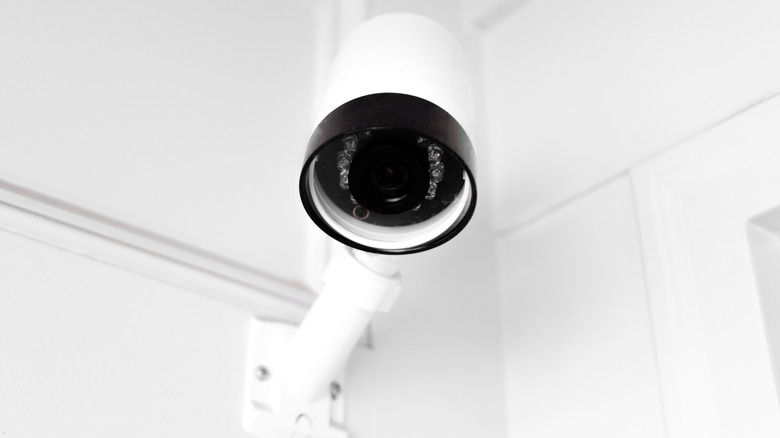How Long Do Home Security Cameras Keep Footage? The Answer Is Complicated
There's no universal answer to how long home security cameras keep footage. It mostly depends on how the camera records and where the data is stored. On average, most home setups keep footage between 7 and 30 days. Some systems overwrite data every 24 hours, especially if they're recording in high resolution with limited local storage. Others, like those with cloud subscriptions, can store footage for weeks or even months.
If your camera records 24/7, your storage fills up fast. To keep recording, older files are automatically deleted; this is called loop recording. Cameras using motion-activated recording save space by only recording when something happens, which extends storage time. Cloud storage can push retention even further, but it usually comes with a subscription plan that determines how long clips are saved (common tiers include 7, 14, or 30 days).
Legal and privacy regulations matter too. In some regions, especially in commercial or multi-tenant residential properties, retention policies may be required by law. But for typical homeowners, the choice is yours: shorter retention for privacy and cost savings, or longer retention for security and evidence archiving.
Camera settings, resolution, and storage methods matter more than you think
The duration for which your camera keeps footage is tied to the amount of data you're generating and how you're storing it. Start with resolution. Higher-resolution footage (1080p, 4K) looks better, but consumes storage space faster. If you're using standard microSD cards (32–128GB), that footage might not even last a full week, unless you purchase one of the highest capacity cards available.
Then there's frame rate: the number of images the camera captures per second. More frames mean smoother video, but bigger files. Drop the frame rate, and you get more storage time, but blurrier motion.
Storage type matters just as much. Local storage devices (such as SD cards, DVRs, and NVRs) are limited by their physical capacity. Once full, it deletes old footage automatically unless you back it up. Depending only on local storage is one of the mistakes people make when installing home security cameras. Cloud storage offers flexibility, but your plan dictates the retention period. Some high-end cameras also allow hybrid systems (a mix of onboard and cloud), so you get quick access to recent events and long-term archives when needed.
Compression formats like H.264 or H.265 also impact duration. More efficient compression = longer retention. It all adds up to this: you can extend how long footage is saved, but it always comes down to quality vs. quantity. If you don't tweak your settings, your storage will fill up sooner than you think.
Want to keep footage longer? Here's what actually works
If you need to store home security footage longer than your system allows by default, you've got a few reliable options, but you'll need to be proactive. First, back up manually. Most systems allow you to download and store important clips to an external hard drive or computer. If there's a break-in or suspicious activity, copy that footage before it gets overwritten.
Second, go with motion-based recording if you haven't already. It cuts down on file size drastically by only saving footage when something actually happens. Third, lower your camera settings.
Finally, expand your storage. Some cameras support larger SD cards (up to 256 GB), external drives, or network-attached storage (NAS) systems. Or switch to a cloud plan with longer retention. Just know you'll be paying a monthly fee.
If retention really matters — for legal, business, or peace-of-mind reasons — don't rely on default settings. Adjust and upgrade to make sure you've always got access when it counts. Also, if you are considering installing security cameras in your home on a budget, there are a few affordable options that are actually worth considering.


